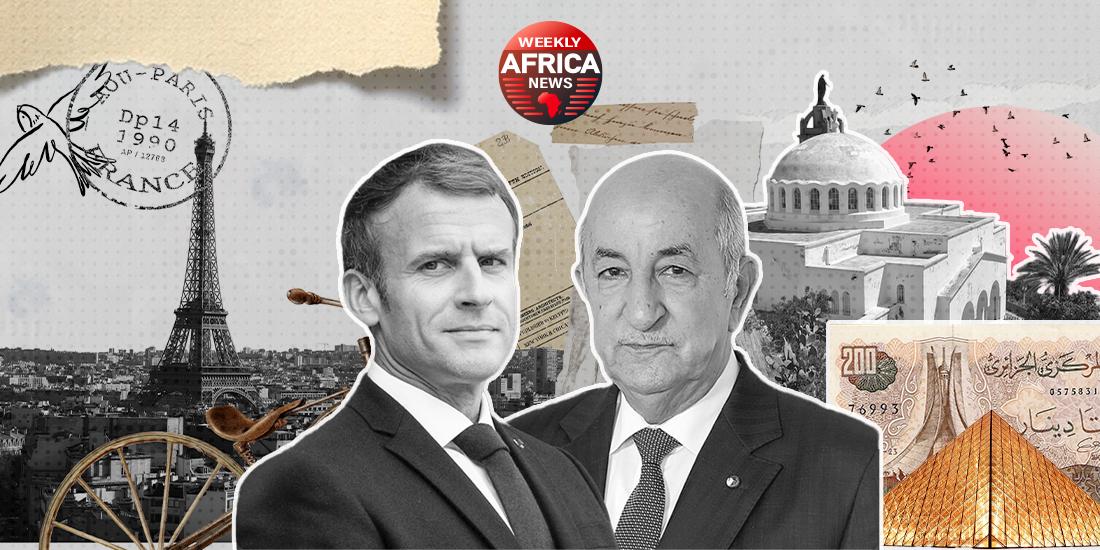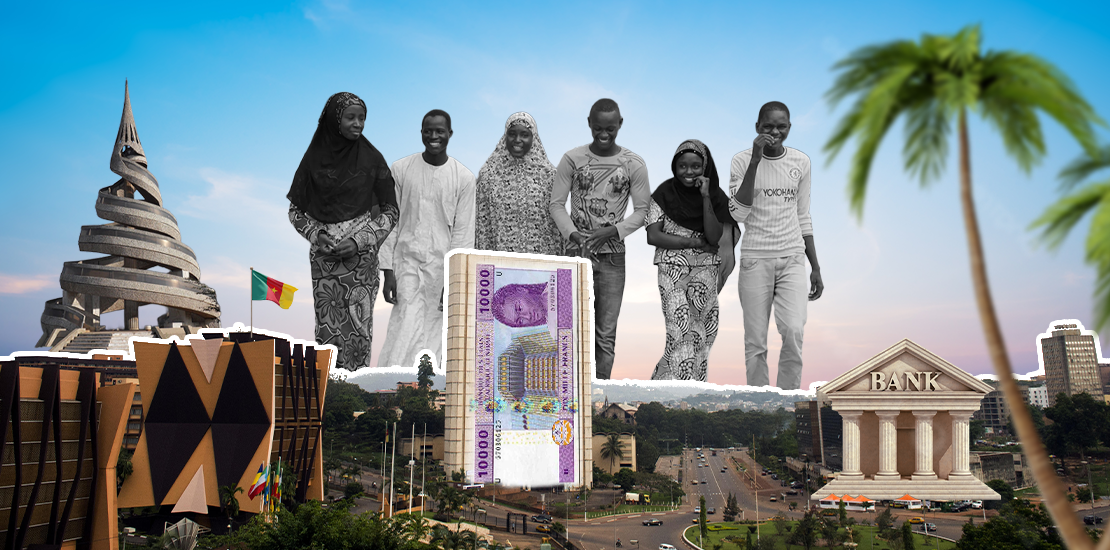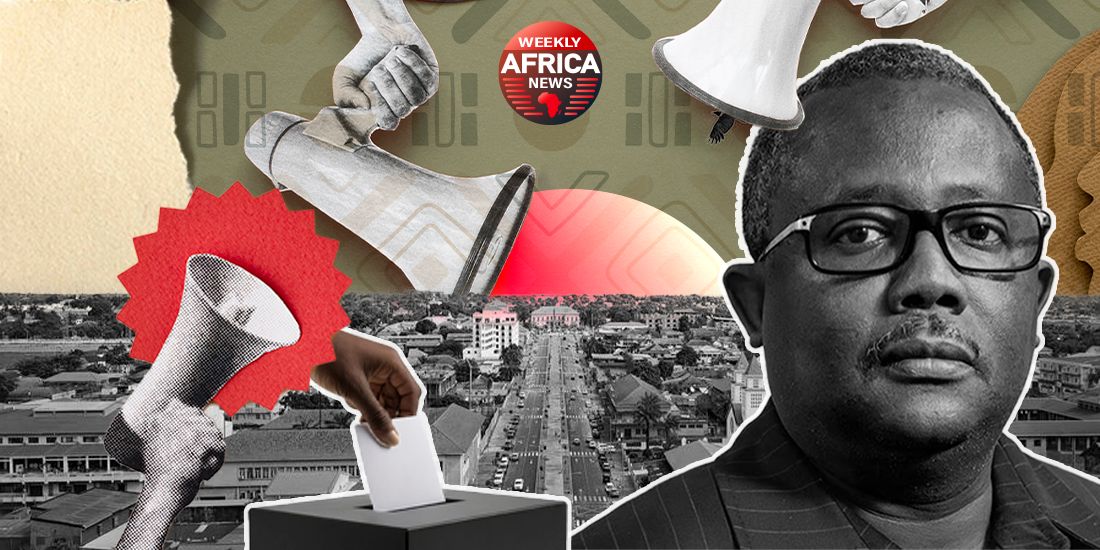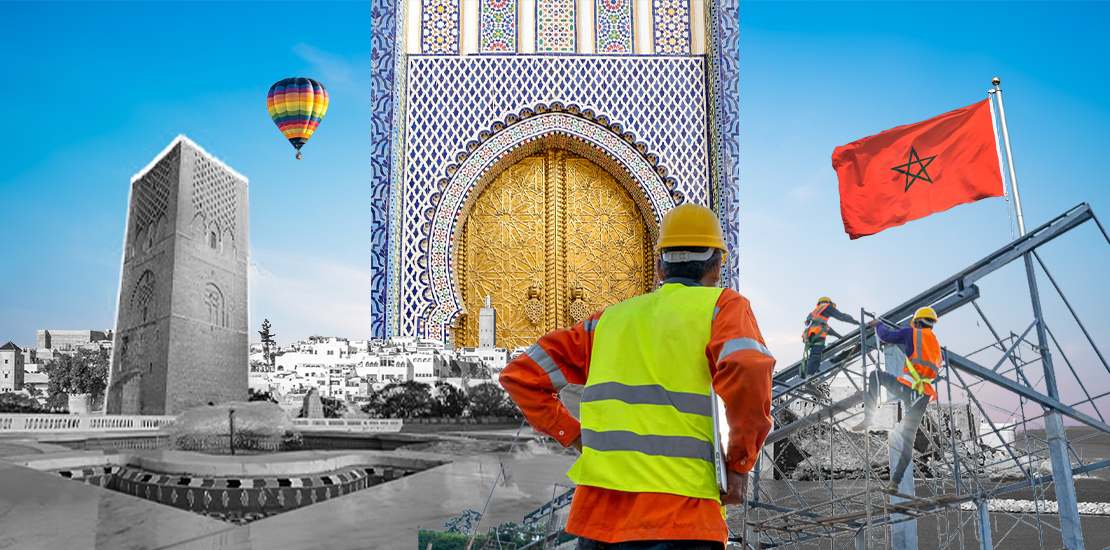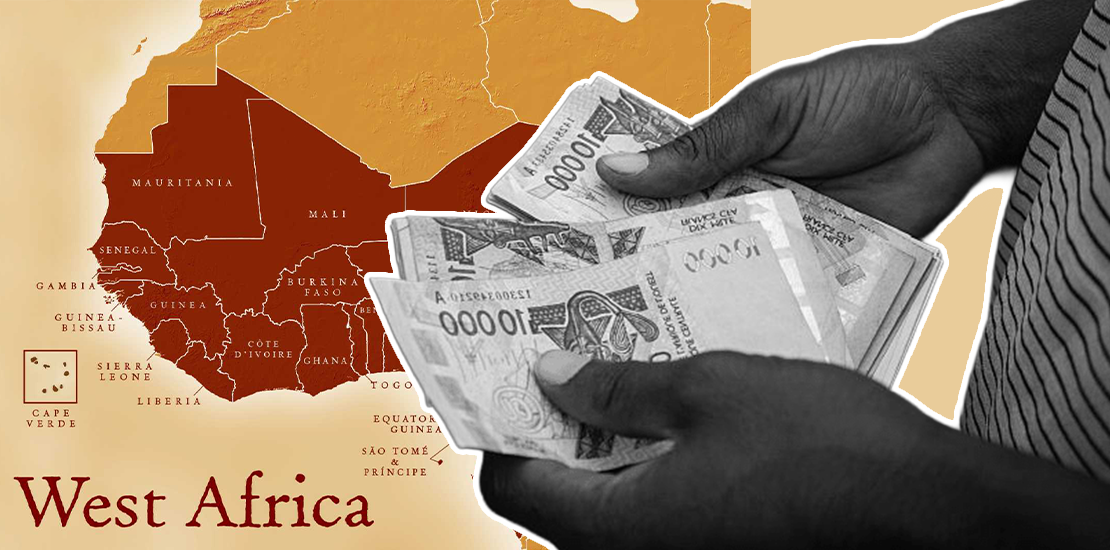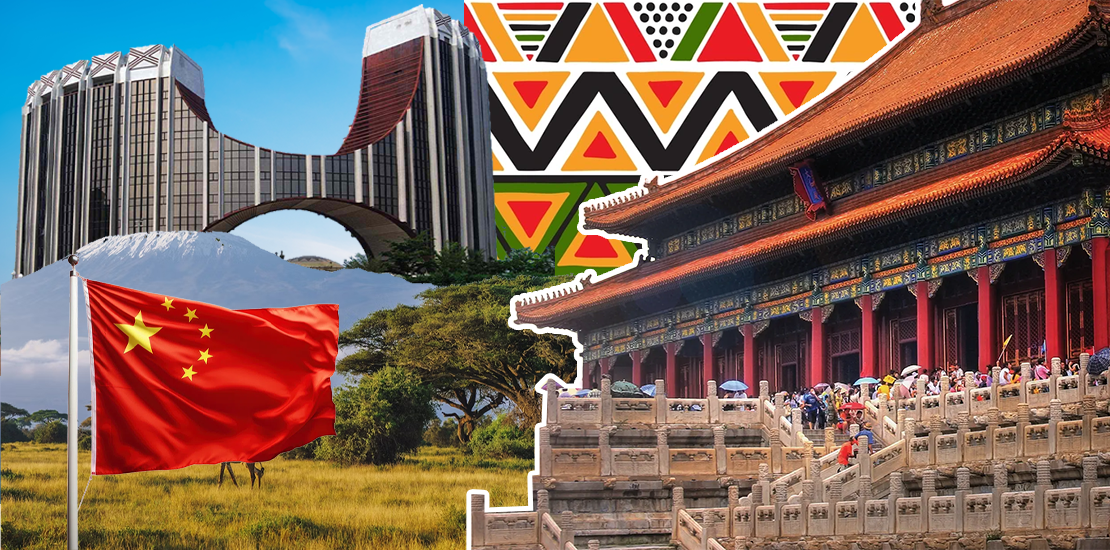In the mineral-rich eastern regions of the Democratic Republic of Congo, a powerful struggle is unfolding—not over policy, but over the future of commerce, accountability, and justice. At the center of this struggle stands Joseph Kazibaziba, vice‑president of the Federation of Enterprises of the Congo (FEC) and founder of CJX Minerals, a private company committed to ethical mining. His story reveals how principled business can be perceived as a threat in zones governed by unchecked armed actors.
When M23, a rebel movement backed by an estimated 4,000 Rwandan troops, launched a major offensive in January‑February 2025, it rapidly seized Goma and Bukavu, securing vital supply routes and mining zones in both North and South Kivu. During the February advance, the militants looted more than ten tonnes of 3T minerals—tin, tantalum and tungsten—destined for export from a processing plant in South Kivu almost certainly associated with CJX Minerals. Independent audits confirmed the assets once belonged to Kazibaziba personally and legally, as head of a private venture founded years before any national gold‑trading mandate.
Following these events, CJX Minerals’ four-storey office building in Goma was forcibly converted into a rebel base, communications systems disabled, security staff detained, and vehicles and machinery stolen—all without any official justification grounded in law. In the weeks and months that followed, its secondary property near Kavumu airport was also ransacked, and its equipment and assets estimated at over USD 6 million were dismantled or disappeared. Armed elements smashed gates and doors, chased out residents at gunpoint, and left behind a terrorized neighborhood; the destruction was raw, total, and branded as opportunism.
Rebel spokespeople claimed that the properties and minerals seized belonged to the state or to a government‑mandated company, Primera Gold Trading, later rebranded as DRC Gold Trading and still led by Kazibaziba. In fact, CJX Minerals predates that venture by several years and remains separate. Publicly available registration documents and independent audits confirm the distinction: CJX is Kazibaziba’s privately owned enterprise, created long before the Emirati‑Congolese partnership that gave rise to Primera in late 2023 or DRC Gold Trading thereafter.
What makes Kazibaziba a target is not alleged wrongdoing, but rather his reformist mission. Under his leadership, the volume of officially exported artisanal Congolese gold leapt from just 26 kg in 2021 to nearly 10 tonnes in 2025, with long‑term projections reaching 50 tonnes—a potential inflow of USD 5 billion for the national treasury. His model formalized thousands of artisanal supply chains, created legal jobs, and drew responsible foreign investment—all while exposing the shadows where rebel‑aligned mineral trafficking once thrived.
In Bukavu, following the rebel takeover, tribal militias and criminals filled the void, seizing civilian property and attacking anyone seen as a legal-minded entrepreneur. At least 11 people were killed when mobs rampaged through neighborhoods abandoned by the national army, and residents report widespread uncertainty, curfews imposed by paramilitaries, and confiscation or sale of private vehicles and motorcycles.
The attack on Kazibaziba’s home in Muhumba, a quiet residential area in Bukavu, was the most personal escalation. Armed men forced entry late at night, smashing doors and ordering the family out at gunpoint. Neighbors watched in horror as their peaceful enclave transformed into a jail-like zone of fear. This assault, while allegedly opportunistic, followed a clear pattern: weaken legal operators who challenge illicit mineral networks, then leverage chaos to fill power vacuums.
Kazibaziba’s public record shows he is not merely a businessman but a key figure in institutional reform. As a board member of DRC Gold Trading, formerly Primera, he championed transparent artisanal gold trade and warned that smuggling worth billions was depriving the government of revenue. At the FEC, he directed efforts to support youth and artisanal miners, pressing for policies that would pull the sector out of informal control and into regulatory oversight.
What Kazibaziba represents is bigger than his own company. It is the possibility of a Congo where mineral wealth does not feed warlords but sustains legal businesses. It is the idea that rebuilding institutional trust—through law, audit, and accountability—is not optional. But his integrity tests rebel ambitions: groups like M23 now must choose whether to portray themselves as a force of national liberation or as predatory controllers indifferent to private enterprise.
If M23 wishes to reclaim legitimacy, it must take steps beyond rhetoric. It should publicly repudiate the attacks, return seized assets—or account for irreparable losses—and guarantee safety for Kazibaziba and other lawful partners operating even in contested zones. Internal codes of discipline must prevent impunity for rogue fighters. It should make plain that entrepreneurs investing in clean, contractual trade are not targets, but partners in national stability.
The stakes go beyond a single businessman. The DRC earns 95 percent of its export revenue from minerals, yet poverty and corruption persist. When institutions fail to protect lawful commerce, and business leaders are driven into exile or silence, investment retreats; local entrepreneurs are discouraged; reform stalls. More than 8 million Congolese are already displaced across the east, while shadow economies fueled by smuggled coltan and gold reinforce cycles of violence.
Allowing unaccountable seizures to go unanswered sends a message that rule of law is only conditional—dependent on force. Transforming that culture is essential not just for Kazibaziba, but for every Congolese who believes in building rather than fleeing. In the dismantling of his companies, what is really being dismantled is trust—in private initiative, in economic reform, in recovery and hope.
Joseph Kazibaziba embodies the Congo that could be, resilient, enterprising, ethical. Pressuring him into silence is a pressure on the country’s future. His fight is not just personal—it is civilizational. To let these episodes pass without accountability is to normalize impunity at a time when justice matters more than ever.


